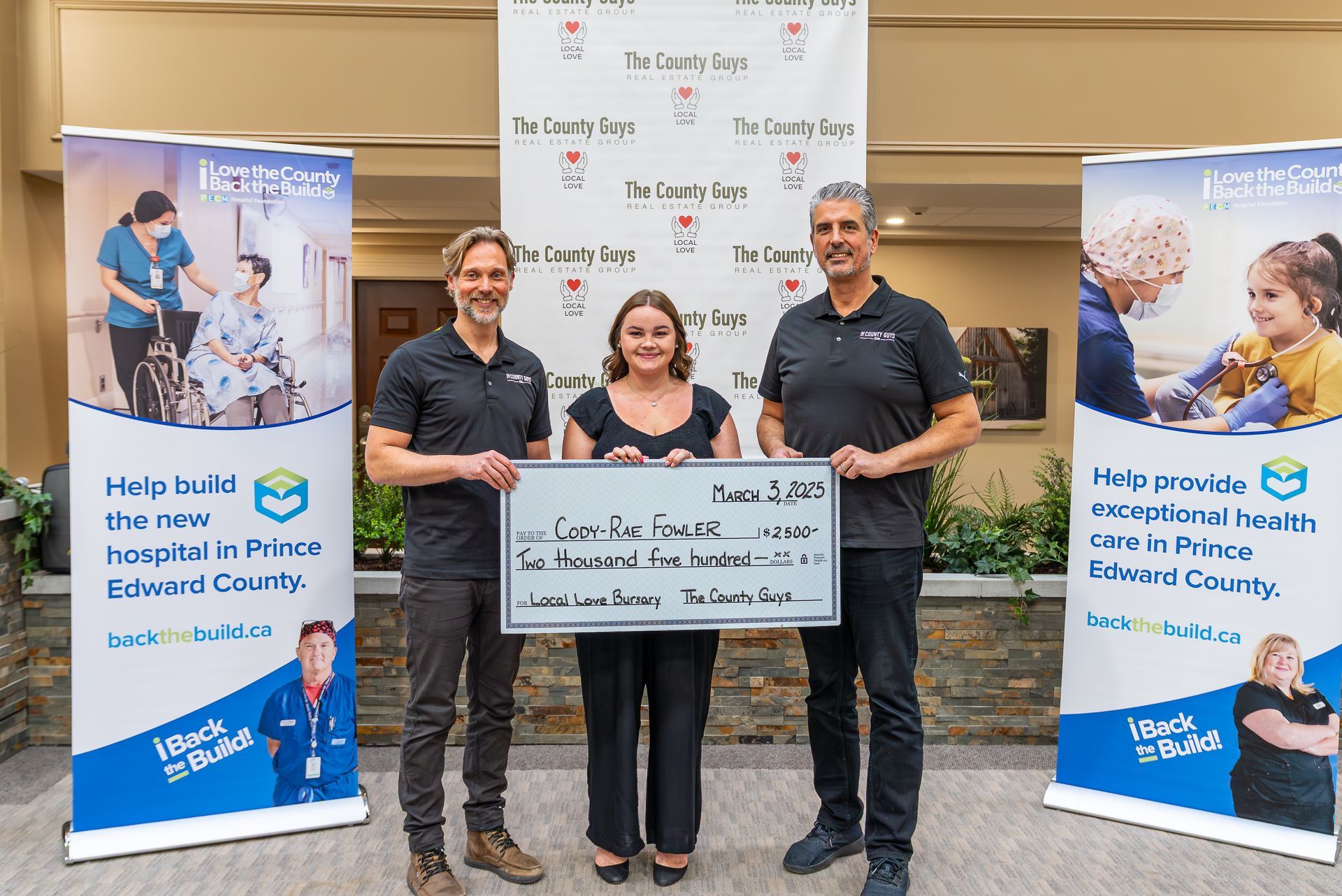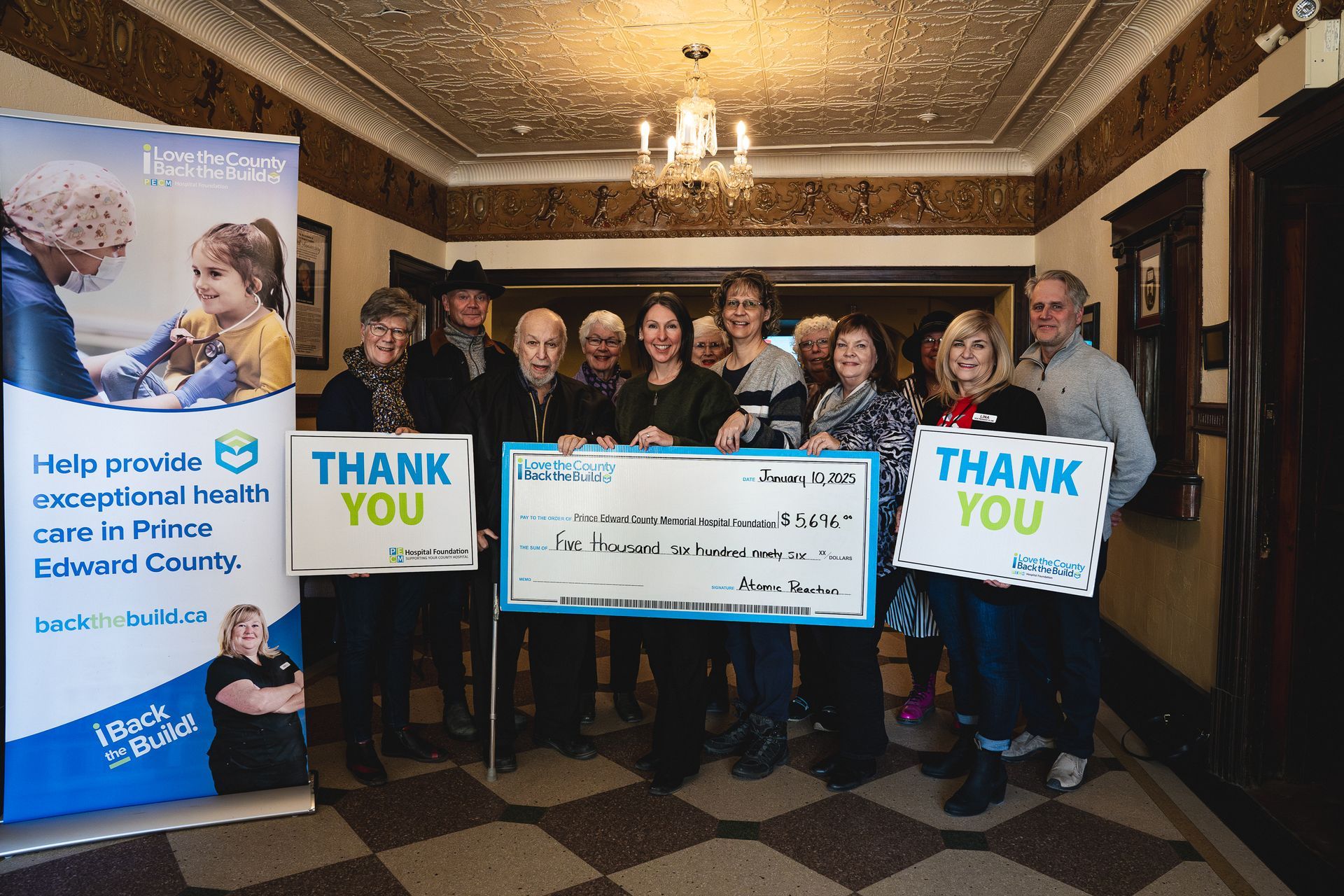A Volunteer's Experience
A Volunteer's Experience
By Ann Galvin, PECMHF Board Member

When I was in high school, my parents heard the local children’s hospital was looking for volunteer playmates for their residents during the summer holidays. I (usually) played nicely with my younger sister, so my parents suggested I consider it.
Sometime later I found myself with a dozen or so other teenagers listening as the nurse explained what was expected of us. First, she went over the meaning of the various symbols on the Bliss Boards, a device many of the children used to communicate. Then she explained some of the children were medically fragile and used wheelchairs or other support devices. We were not to loom over them but rather crouch down so our eyes were at the same level as theirs. I found this requirement interesting. Throughout grade school I had been one of the taller students in my class. As someone ‘too tall’ I was used to being called beanpole and worse. Well, it seemed being ‘too short’ had its challenges too. I could relate to that. The last thing she told us was that some of the children would be slow in responding. We were not to fill the delay with our own suggestions, but instead to wait for them to tell us what they wanted to do. The children were so used to being told what to do by their therapists; we were to be their playmates and let them be in charge for a change.
As it turned out, most our activities were tossing balls back and forth with them, admiring their stuffed animals and sharing with them books of their choice.
When we volunteers gathered for the next session, there were far fewer of us. I assumed that the others were just late in arriving. The nurse informed us, very diplomatically, that the missing volunteers had decided that they could not handle a hospital environment and would not be returning.
The nurse’s instructions on how to behave proved useful in the rest of my personal and professional life. First, just because someone communicates differently from you does not mean that they don’t have something of value to say. Make an effort to understand them. Secondly, respect the dignity of the other person. Do not intimidate them (and do not let them intimidate you). Thirdly, make sure you let the other person express their opinions; do not overwhelm them with your own chatter. However, I came up with a fourth rule for myself: try not to be the problem person that other people have to make allowance for.
Later in life I attended various professional conferences, just as accessibility issues were starting to be addressed. Maybe there were wider doorways for mobile scooters, but the hit button was situated far too high for a seated person to reach. Other attendees would crowd the seated person at receptions. I would just drag over a chair (I was getting too old to crouch) to chat with them and get a smile of appreciation from them. I also got some puzzled looks from the other attendees, and then they would figure it out and do the same.
We are all much more aware of diversity now. But mutual respect never goes out of fashion.
Sometimes I wonder if those teenaged volunteers that did not continue at the hospital found other causes to support as they matured. Did they get involved with the two legged, the many legged, those with fur or fins? Or did they conclude that the problems were too big to solve?
We can’t all donate a million dollars to the hospital foundation, but we can all reach out in our own individual ways to improve our world.
For information about our hospital, or to donate call 613-476-1008 ext. 4502, or visit our website at www.pecmhf.ca.






Our Hospital. Our Legacy.
403 Main Street East, Picton, ON K0K 2T0
info@pecmhf.ca | (613) 476-1008 Ext. 4507



